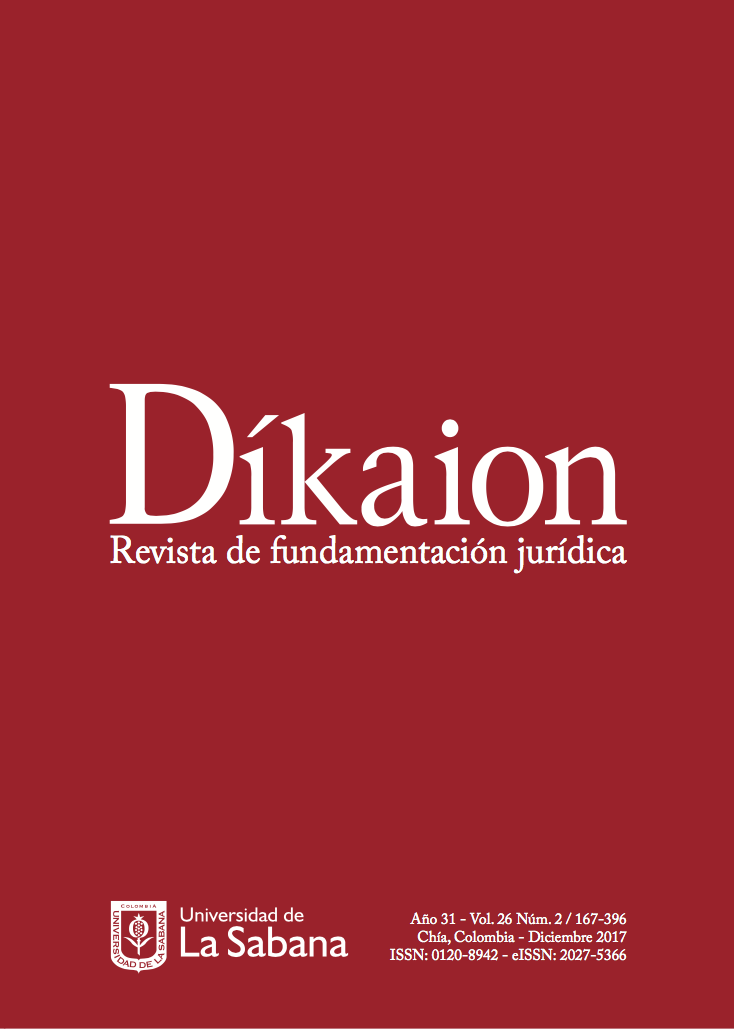The role of micro-finance institutions in colombia’s post-conflict period
Keywords:
Micro-finance institutions, micro-finance, rural credit, post-conflict, reinstatement, demobilized, financial inclusionAbstract
Micro-finance institutions in Colombia, which traditionally have been exam- ples of financial inclusion, can contribute to the government’s efforts to re- duce the effects of the armed conflict. Their participation with respect to a special group of individuals who want to rejoin society means they must identify the challenges this effort implies and design financial and non- financial products that do not compromise their equity but are in keeping with the profile of the interested parties. The idea, in this respect, is to replace their activity as participants in the armed conflict with activities involving business enterprises. The article defends the thesis that micro- finance institutions (MFIs), despite their nature as private entities, can support government policies for the post-conflict period by expanding the coverage of the micro-financial services being provided in urban and rural areas. The methodology that was used involves a description and analysis of theoretical elements that support the existence of MFIs and the activities they develop, coupled with collection and analysis of information about the environment in which they render their services.
Downloads
Downloads
Published
How to Cite
Issue
Section
License
1. Proposed Policy for Journals That Offer Open Access
Authors who publish with this journal agree to the following terms:
This journal and its papers are published with the Creative Commons License Attribution-NonCommercial-NoDerivatives 4.0 International (CC BY-NC-ND 4.0). You are free to share copy and redistribute the material in any medium or format if you: give appropriate credit, provide a link to the license, and indicate if changes were made; don’t use our material for commercial purposes; don’t remix, transform, or build upon the material.






